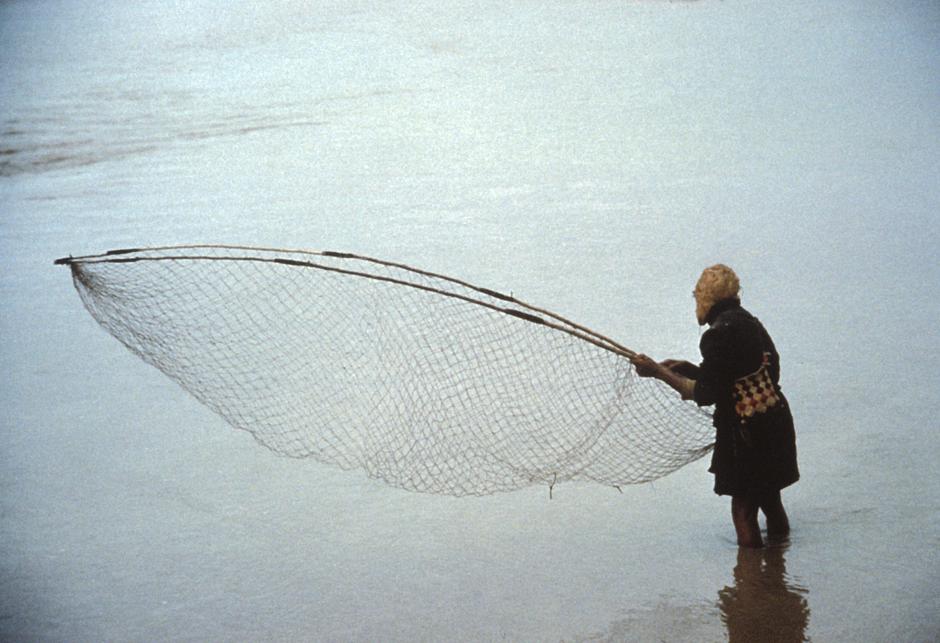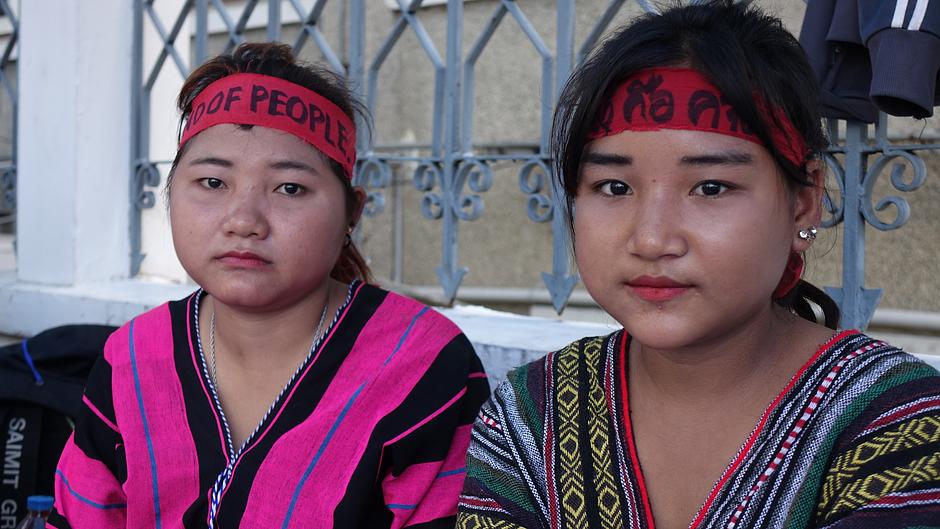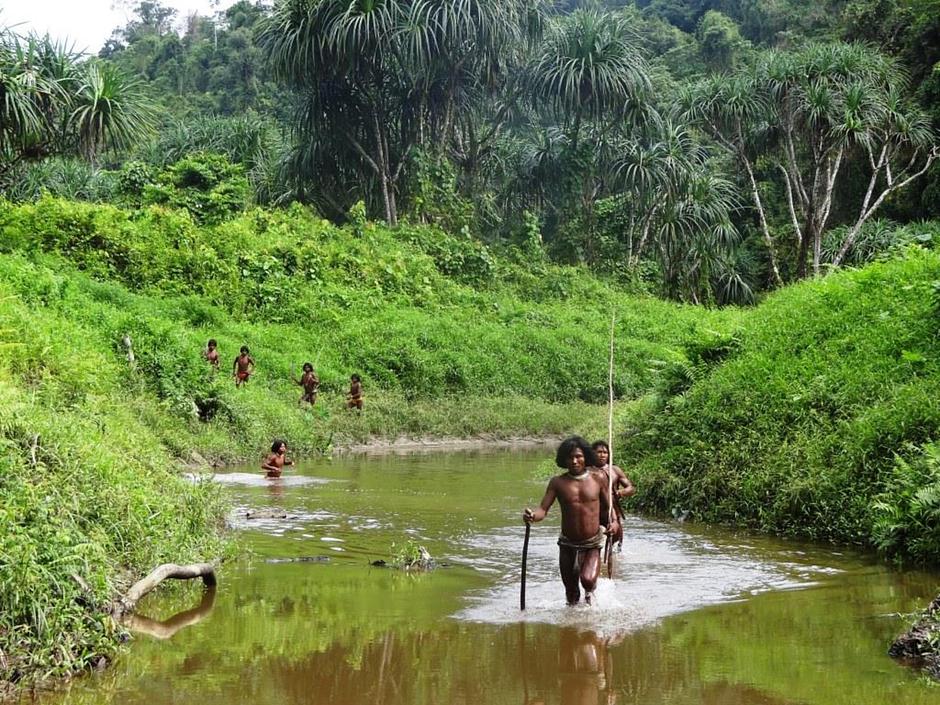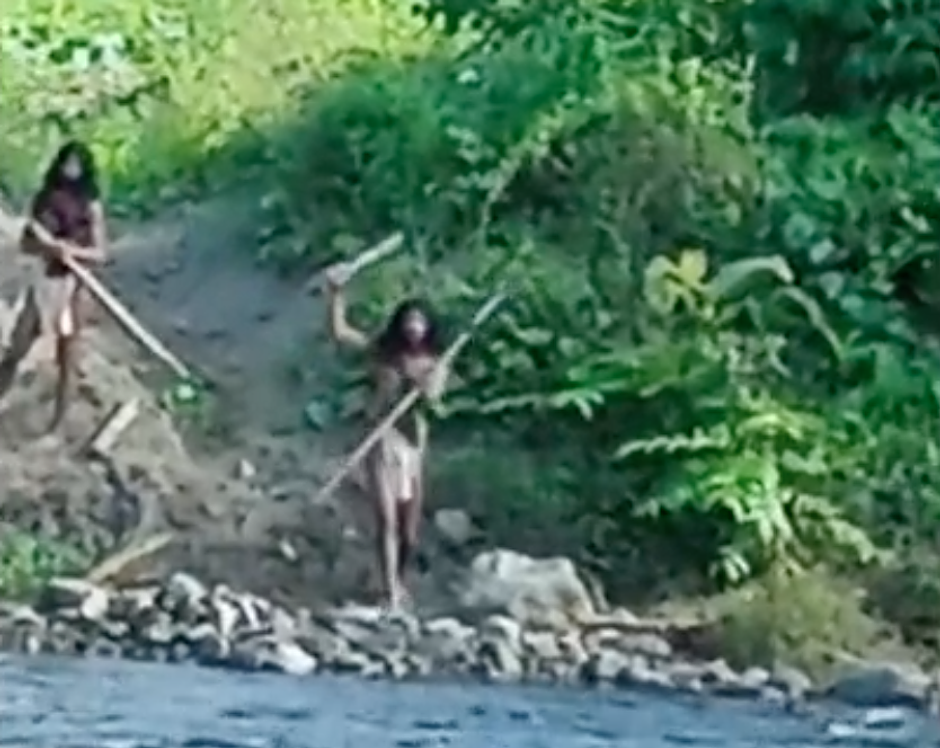John Palmer – a lifetime's commitment to the Wichí people
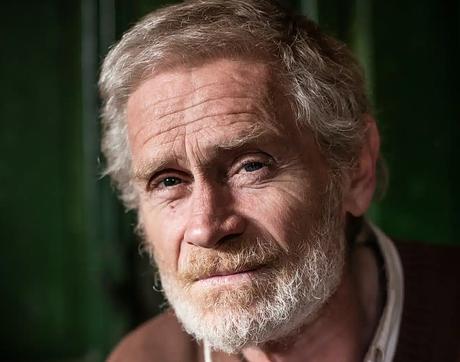
Our old friend John Palmer died recently in Argentina. He had a lifetime's commitment to the Wichí people and in his absolute dedication to working alongside them in the defence of their rights, he was the very model of what a contemporary anthropologist who works with Indigenous peoples should aspire to be. This is our tribute. An edited version of this obituary was published in The Guardian.
The life of the anthropologist John Palmer, who has died aged 69, was forever changed when he first met the Indigenous Wichí people of South America’s Gran Chaco region.
John was teaching English in Argentina as a gap year student in 1974, after a childhood in Devon. It’s hard to imagine a greater contrast between south-west England and the dry, dusty, scorchingly hot Chaco, but in the Wichí – who are so softly-spoken their conversation is more like whispering – John encountered people whose qualities he hugely admired.
He returned to the Wichí in 1978-9 for two years of doctoral fieldwork, living in the tiny community of Hoktek T’oi (‘Stunted Lapacho Tree’). It was to be his spiritual home ever after.
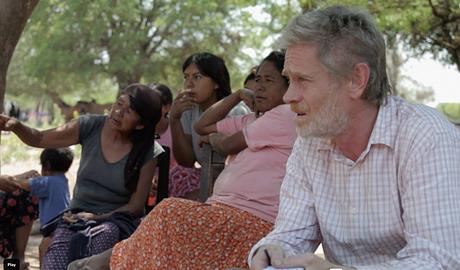 © U Rosell/ El Etnografo
© U Rosell/ El Etnografo
Once back in the UK, John struggled to reconcile the vast gulf in values and outlook between the Wichí and 1980s Britain. Holed up in a flat in Oxford, he eked out a living as a part-time proofreader for OUP, while attempting to wrestle the complexities of Wichí philosophy into a coherent thesis, under the unforgiving eye of his doctoral supervisor. (His thesis was eventually published in Spanish in 2005, entitled ‘Wichí goodwill: an indigenous spirituality.”)
But the Wichí had not forgotten him, and in 1990 they wrote to Survival, requesting that funds be raised to help him return, to assist them in the preparation of a land rights claim. Twenty-seven communities along the Pilcomayo River had banded together, wanting to claim communal land title to 500,000 hectares of their ancestral land – a tiny portion of their original territory, but a huge, unprecedented claim by Argentinian standards.
John’s return to the Wichí marked the start of the rest of his life, and after that he rarely came back to the UK. Working in the harshest imaginable conditions, John and a few colleagues prepared a detailed land claim report.
At its heart was a unique map dotted with hundreds of toponyms – names marking a spot of geographical or social significance, or where something humorous or tragic had happened long ago. This intimate knowledge of every corner of their land was irrefutable proof that the Wichí’s occupation of the area stretched back deep into the past.
The land claim was submitted in 1991, and started its tortuous journey through Argentinian bureaucracy and the courts, in the face of bitter opposition from the settlers who now occupied large parts of Wichí land, and their powerful political allies.
John soon turned his attention to the Wichí communities he knew best – those along the Itiyuro River, such as Hoktek T’oi. With his assistance they started their own political organization, which they called Zlakatahyi (‘Our River’), and began to claim their rights, even as the rampant and illegal deforestation of their territory continued around them.
It’s hard to imagine someone whose outward appearance was less suited to standing up to the soya barons and politicians who’d conspired to rob the Wichí of their land. But underneath the gentle, courteous and rather old-fashioned demeanour, John had a stubbornness and determination which were not easily deflected, and he thought one should stand up to bullies.
In 2009 his work received some recognition from his peers in the anthropological community with the awarding of the Royal Anthropological Institute’s Lucy Mair Medal. By now he’d also secured a part-time teaching position at Salta University.
Late in life John married Tojweya, a Wichí woman, and they went on to have six children. In 2012 Argentinian film-maker Ulises Rosell made a documentary, The Ethnographer, on John and Tojweya’s life together, and John’s indefatigable exertions to support the Wichí in the face of a continuous onslaught against their lives and values.
John and Tojweya’s family represented the coming together of two very different worlds, a stark contrast to the literal bulldozing of Wichí land and culture by the dominant settler society. John was the most unworldly of characters, utterly uninterested in material things, and with a very deep sense of right and wrong. His integrity, decency and humour made a strong impression on those who got to know him, and he had a loyal group of friends and family who supported him and his work financially for decades, knowing that otherwise he would very likely starve.
His untimely death is a huge loss not only to his family and the Wichí, but to all that were lucky enough to know him. He is survived by Tojweya and their children, his brother Guy and his sisters Julia and Sarah, and has been buried in Hoktek T’oi.

